6, October 2023
Manyu attack: Catholic priest, three teachers are recovering from bullet wounds 0
A Catholic priest and three Catholic teachers in Cameroon’s troubled southwest region are recovering from bullet wounds after they were shot in what church authorities say was a targeted attack on a Catholic primary school Sept. 26.
The attack comes amid the country’s struggle with seven years of separatist violence, and the Catholic Church still seems to be the only possible peace-negotiating partner.
According to Father Christopher Eboka, who is the Mamfe Diocese’s director of communications, the attackers entered the Catholic primary school in St. Martin of Tour’s Kembong Parish in search of Father Elvis Mbangsi.
“It was toward break time (around 11 a.m.) and the priest was in class. Four gunmen came (to the school compound) on two motorbikes. It seems three of the four did not know who the father was — they expected him to be in clerical garments,” Father Eboka explained to OSV News.
“Three of the assailants were asking where the father was. When they went round without seeing the father, they caught the teachers, whom they forced to sit on the ground. It was when they sat on the ground that one of the attackers realized that one of (them) was Father (Mbangsi),” the priest explained.
“They did not ask any questions, they didn’t say anything. They just shot the three of them. They shot Father (Mbangsi) four times. They shot him on the left wrist, shot him on the right thigh … on the left knee and … on the right foot. The other teachers had two gunshots each on the legs,” Father Eboka explained.
School staff are recovering from gunshots in the hospital. “The priest is doing well,” said Father Eboka.
He told OSV News that he was accompanying the priest and the four teachers at the Bamenda Regional Hospital where they received medical assistance. Father Mbangsi “has four bullet wounds and is responding to treatment so far, and the teachers are also responding to treatment. Thank God, none of them died,” the communications director explained.
“It was a targeted attack, but no one knows exactly what their problem was,” he added.
This is the second time a priest from the Kembong parish has been assaulted. Father Cosmas Ombato Ondari, a priest of Kenyan descent serving in the parish, was shot and killed in an exchange of gunfire by government soldiers and separatist gunmen Nov. 21, 2018.
In the course of the separatist war in Cameroon, now in its seventh year, Christians and their churches have been the subject of numerous attacks.
On Oct. 4, 2018, seminarian Gérard Anjiangwe was killed in front of St. Teresa Church in Bamessing, in northwestern Cameroon. Father Alexander Sob Nougi was fatally shot on the Buea-Muyuka highway July 20 the same year. A week before, troops in Batibo in the northwest region viciously murdered the Rev. Isaac Atoh, a Pentecostal minister of Ghanaian origin.
In September 2022, 60 unknown assailants thought to be separatist rebels set fire to St. Mary Catholic Church in the village of Nchang, in the Diocese of Mamfe. Nine people were taken hostage, including five clergymen, one religious sister and a lay Christian.
Cameroon was once a German colony, but when Germany was defeated after the First World War in 1918, the territory was shared between the victorious powers: Britain and France. Britain got the territory known today as the northwest and southwest regions, which represent 20% of the nation’s territory.
However, the country’s majority French-speaking citizens have long been accused of marginalizing and attempting to assimilate English-speaking citizens.
Violence erupted in the country in 2016, following peaceful strikes by English-speaking teachers and lawyers. They called for the English language to be given full recognition in public administration, the judiciary and the education and healthcare sectors. A separatist uprising ensued and fighting started for the independence of Cameroon’s English-speaking regions. In response, the central government first remained silent on the situation, then suppressed the Anglophone protest movement.
In seven years of fighting, at least 6,000 people have been killed, according to Human Rights Watch, and more than a million were forced to flee their homes.
As the conflict rages on, the church has been caught in the middle, trying to negotiate a way out of the conflict.
“For the past six years, the church has been suffering,” said Father Zephyrinus Mbuh, national secretary for Catholic education.
“The church tried to propose a solution to the crisis and on the one hand, those who would like to separate and have a different country, they accuse the church, especially the leaders of the church, of being with the government. And at the same time the government looks at the leaders of the church (asking) … are you … with our enemies?” he said.
“And the question is, if we really want one country, can we have enemies within the same country? We shouldn’t have enemies. We may have different interests as individuals. There is no doubt about that. But the common good is the common good and … we need to think of the welfare of one another and we need to respect one another,” Father Mbuh told OSV News.
Father Herman Birwong, a priest working in one of the flashpoints of separatist violence in the northwest region added that the church and any other neutral body “is caught between the amba boys,” as the separatist fighters are called, “and government soldiers.” The separatists are seeking their own state called Ambazonia.
He told OSV News that as a priest however, he won’t stigmatize the belligerents or run away from them, because “they are all our people. These boys holding guns are our Christians. Soldiers are also our Christians. We can’t push them away,” he said.
“It’s unfortunate that those who suffer are vulnerable parents, poor women and children,” he lamented, talking about the consequences of the ongoing conflict.
Father Mbuh said that the way forward lies in frank and sincere dialogue — the very solution the church has been proposing for years.
“What we need to do is (to) look each other in the face and say, ‘What exactly do we want as members of the same country. How can we improve our country?'” he said.
In 2019, the Cameroon government organized what it described as a Major National Dialogue to resolve the problem, but church leaders described it as rather “a monologue” as the key separatist leaders were held in prison at the time of the meeting.
Despite attacks on the church and its people, there is increasing consensus that a workable solution will only come from the Catholic Church, whose members account for 40% of Cameroon’s 27 million people.
The Brussels-based International Crisis Group has suggested precisely that, saying in a 2018 report that other than the Catholic clergy, “there are few prospective peacemakers.”
“If no one fills that role, the separatist sentiment already voiced by many Anglophones will continue to grow, fueling further violence and exacerbating the ongoing insurgency in the Anglophone regions,” the report said. The English-speaking separatists are seeking their own state called Ambazonia.
Source: UCA News
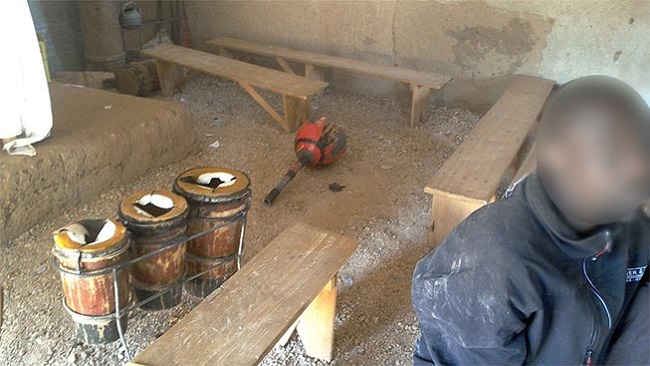
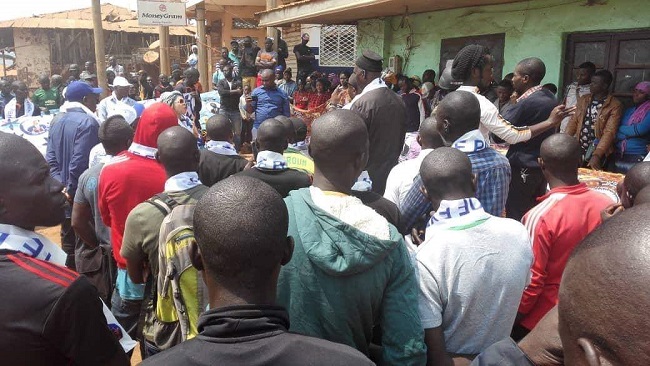
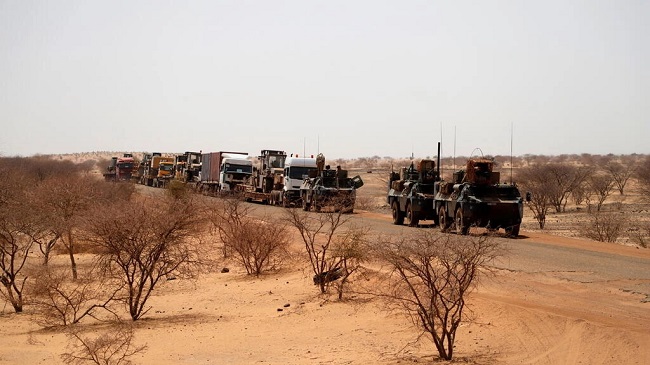
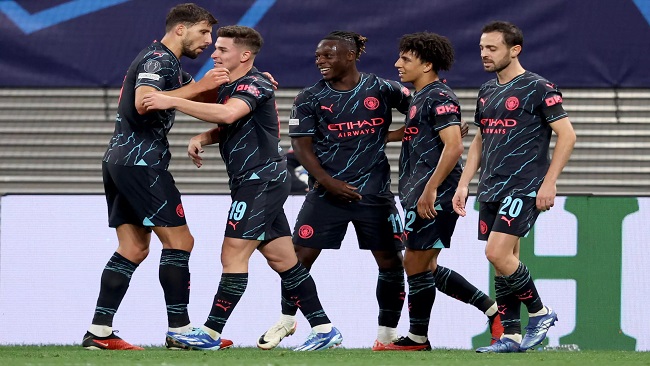
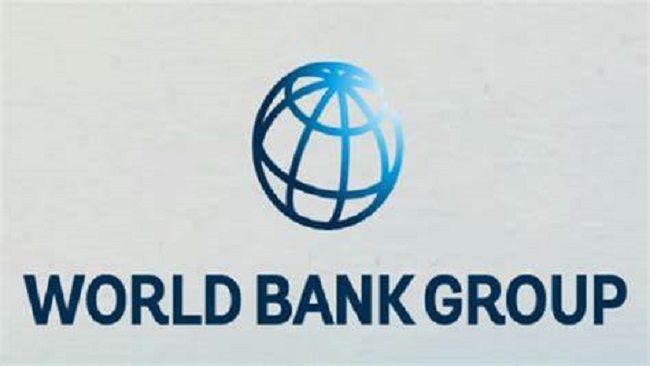
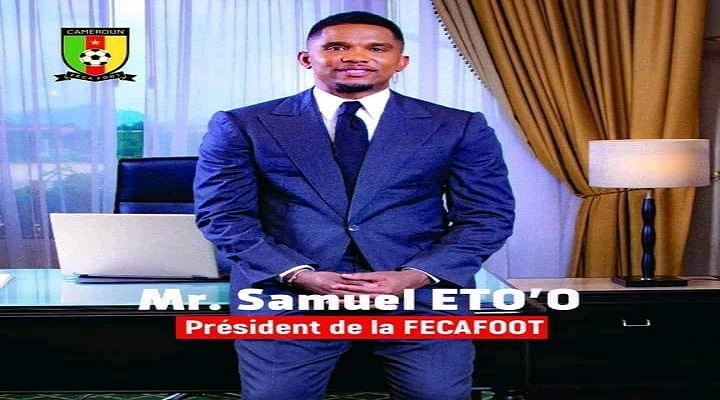
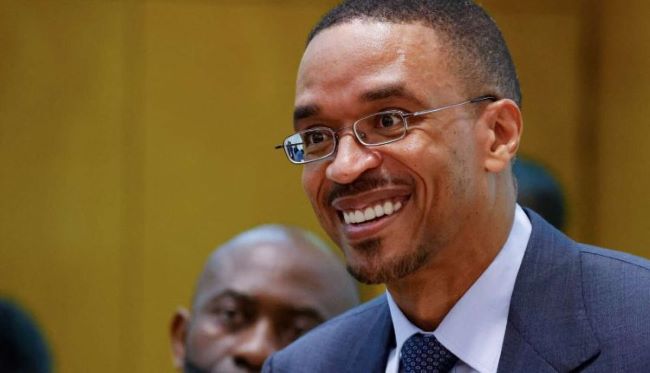
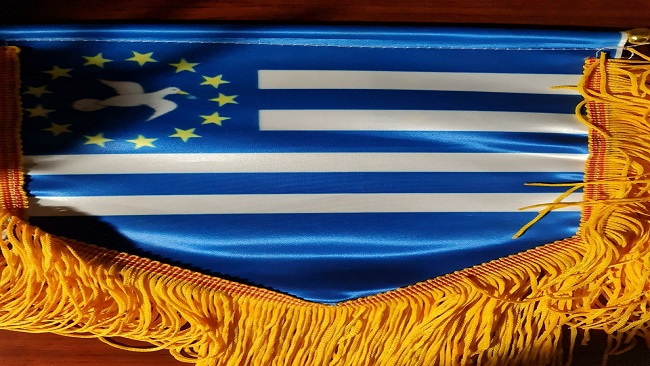

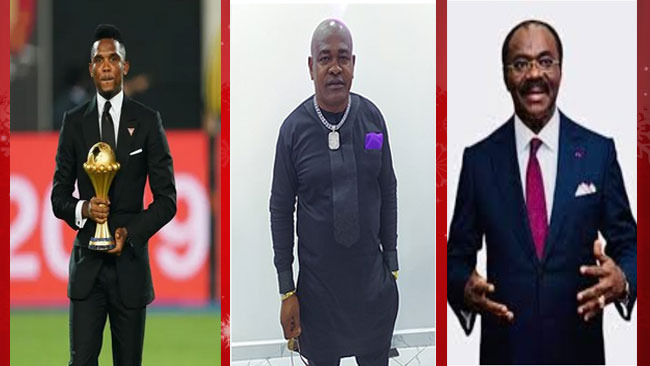









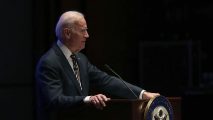

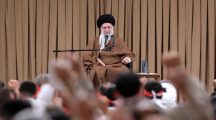





6, October 2023
Man who destroyed single currency ECO removes prime minister, dissolves government 0
Ivory Coast’s President Alassane Ouattara has removed the prime minister and dissolved his government, the presidency’s secretary general Aboudramane Cisse said on Friday.
No reason was provided for the move.
“The president expresses his gratitude to Prime Minister Patrick Achi and to all members of the government for their commitment to serving the nation over the past years,” Cisse said.
They will remain in temporary charge until a new prime minister and government are appointed, he added. Ivory Coast will hold a presidential election in 2025.
Source: REUTERS